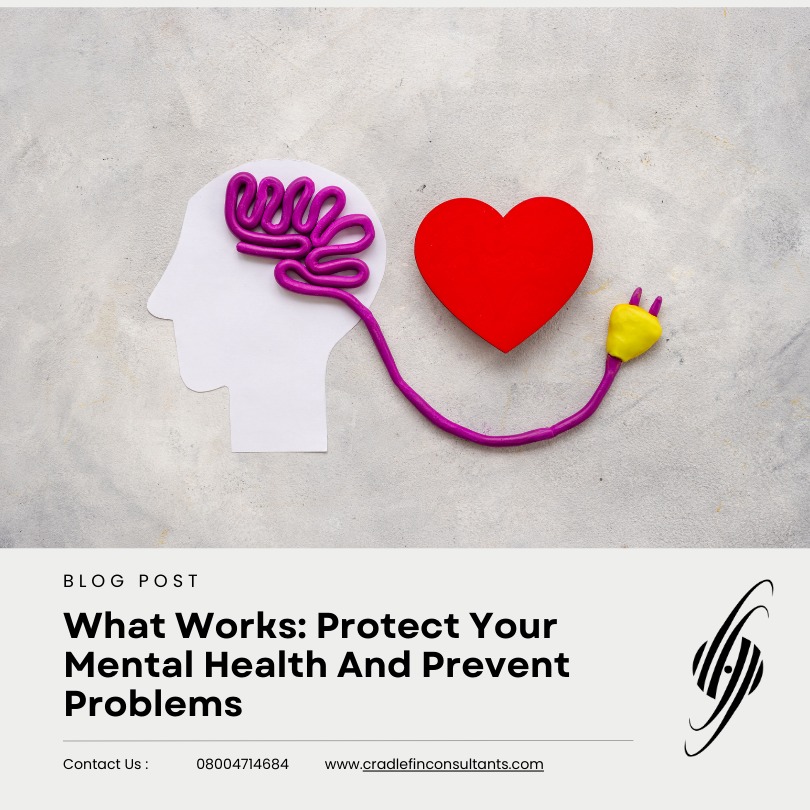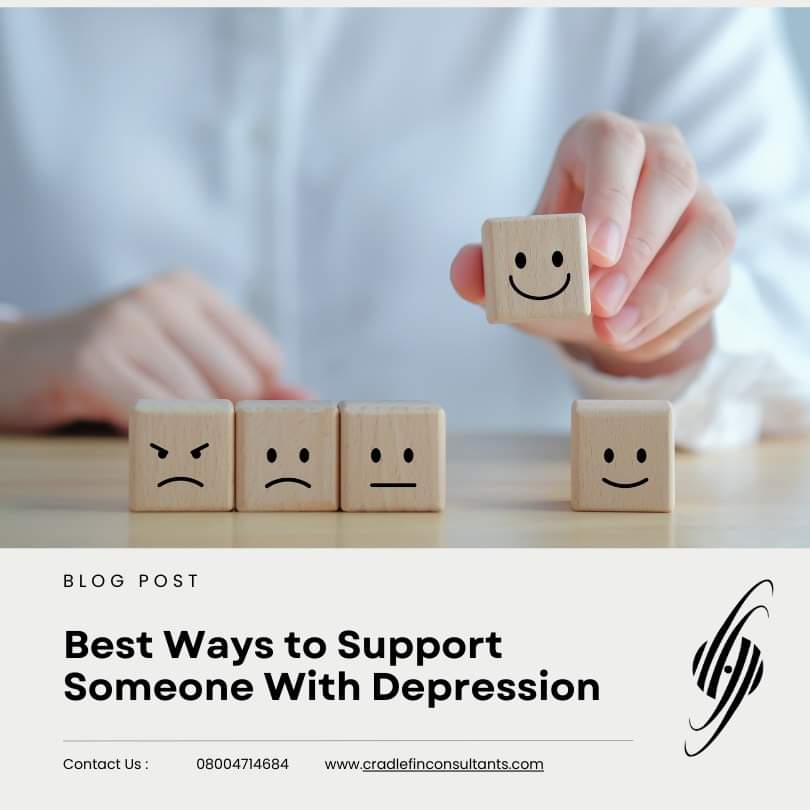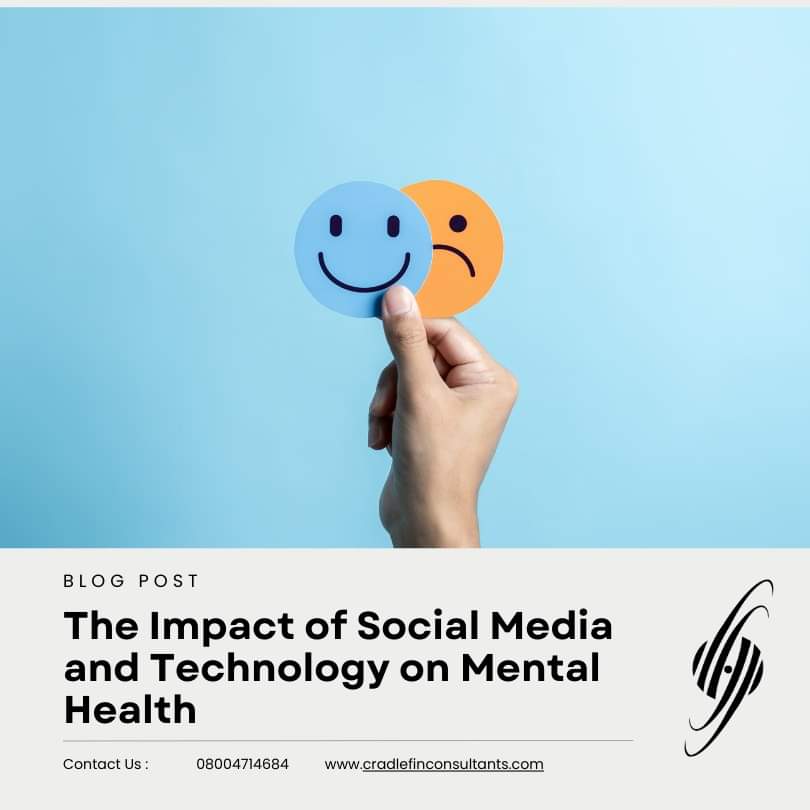Protecting your mental health is essential for maintaining overall well-being and preventing potential problems down the road. In this article, we will delve into the various strategies and techniques that can help safeguard your mental health, build resilience, and promote a positive mindset. From understanding the fundamentals of mental health to exploring mindfulness practises and seeking social support, we will explore actionable steps you can take to prioritise your mental well-being and cultivate a healthier lifestyle.
Understanding Mental Health
Definition and Importance of Mental Health
Mental health refers to our emotional, psychological, and social well-being. It influences how we think, feel, and act. Just like physical health, mental health is crucial for our overall well-being and quality of life.
Common Mental Health Disorders
Common mental health disorders include anxiety disorders, depression, bipolar disorder, and schizophrenia. It’s important to recognise the signs and symptoms of these disorders to seek timely help and support.
Strategies for Mental Health Protection
Self-Care Practises
Self-care practises such as exercise, healthy eating, adequate sleep, and relaxation techniques can help to maintain and improve mental health. Taking time for yourself and engaging in activities that bring you joy are also essential for self-care.
Setting Boundaries and Prioritising Needs
Setting boundaries is crucial for protecting your mental health. Learning to say no, delegating tasks, and prioritising your needs can help prevent burnout and overwhelm.
Mindfulness and Stress Reduction Techniques
Introduction to Mindfulness
Mindfulness involves being fully present and aware of your thoughts, feelings, and surroundings without judgement. It can help reduce stress, anxiety, and improve overall well-being.
Practical Stress Reduction Methods
Practical stress reduction methods include deep breathing exercises, meditation, yoga, and spending time in nature. Finding what works best for you and incorporating it into your daily routine can help manage and reduce stress levels.
Building Resilience and Coping Skills
Resilience Factors and Importance
Resilience is the ability to adapt and bounce back from adversity, trauma, or stress. Factors that contribute to resilience include social support, positive relationships, self-esteem, and problem-solving skills.
Healthy Coping Mechanisms
Healthy coping mechanisms such as talking to a therapist, journaling, practising gratitude, and engaging in hobbies can help build resilience and better cope with life’s challenges. It’s important to find constructive ways to manage stress and emotions for long-term mental well-being.
Importance of Social Support and Connection
Nurturing Relationships for Mental Health
Loneliness is a mood you don’t want to swipe right on. Building and maintaining strong relationships can be the cosy blanket your mental health needs. By sharing laughs, tears, and tacos with loved ones, you’re creating a support system that can be your lifeline during rough times.
Seeking Support Networks
Finding your mental health squad can feel like discovering a treasure map to the fountain of sanity. Support networks, whether online or in-person, can offer understanding, advice, and a safe space to vent. Remember, it’s okay to ask for help – even superheroes have a sidekick.
Healthy Habits for Mental Well-being
Exercise and Nutrition for Mental Health
Sweating out stress at the gym and munching on colourful veggies isn’t just for Instagram influencers. Regular exercise and a balanced diet can do wonders for your mental well-being. So, lace up those sneakers and crunch on those carrots – your mind will thank you.
Sleep Hygiene and Mental Wellness
Sleeping beauty wasn’t just a fairytale – she knew the importance of a good night’s rest. Establishing a bedtime routine, banishing screens from the bedroom, and cosying up with a book can help you drift into dreamland peacefully. Remember, you can’t pour from an empty coffee cup, so prioritise your Zzz’s.
Seeking Professional Help When Needed
Recognising Signs for Professional Support
Feeling as frazzled as a squirrel in a room full of nuts? It might be time to chat with a mental health professional. Recognising signs like persistent sadness, anxiety, or changes in behaviour can be the nudge you need to seek help. It’s like calling in the Avengers for backup – they’re here to save the day.
Therapeutic Approaches and Resources
Therapy isn’t just for deep-diving into childhood memories – it can be your personal toolkit for mental wellness. Whether it’s cognitive-behavioural therapy, mindfulness practises, or snuggling with therapy dogs, there are various approaches and resources to explore. Remember, it’s okay to not be okay, but it’s even better to take steps towards feeling better. In conclusion, taking proactive steps to protect your mental health can have a profound impact on your quality of life. By incorporating self-care practises, fostering strong social connections, and seeking professional help when needed, you are investing in your long-term mental well-being. Remember, your mental health matters, and by making it a priority, you can better navigate life’s challenges with resilience and strength.






